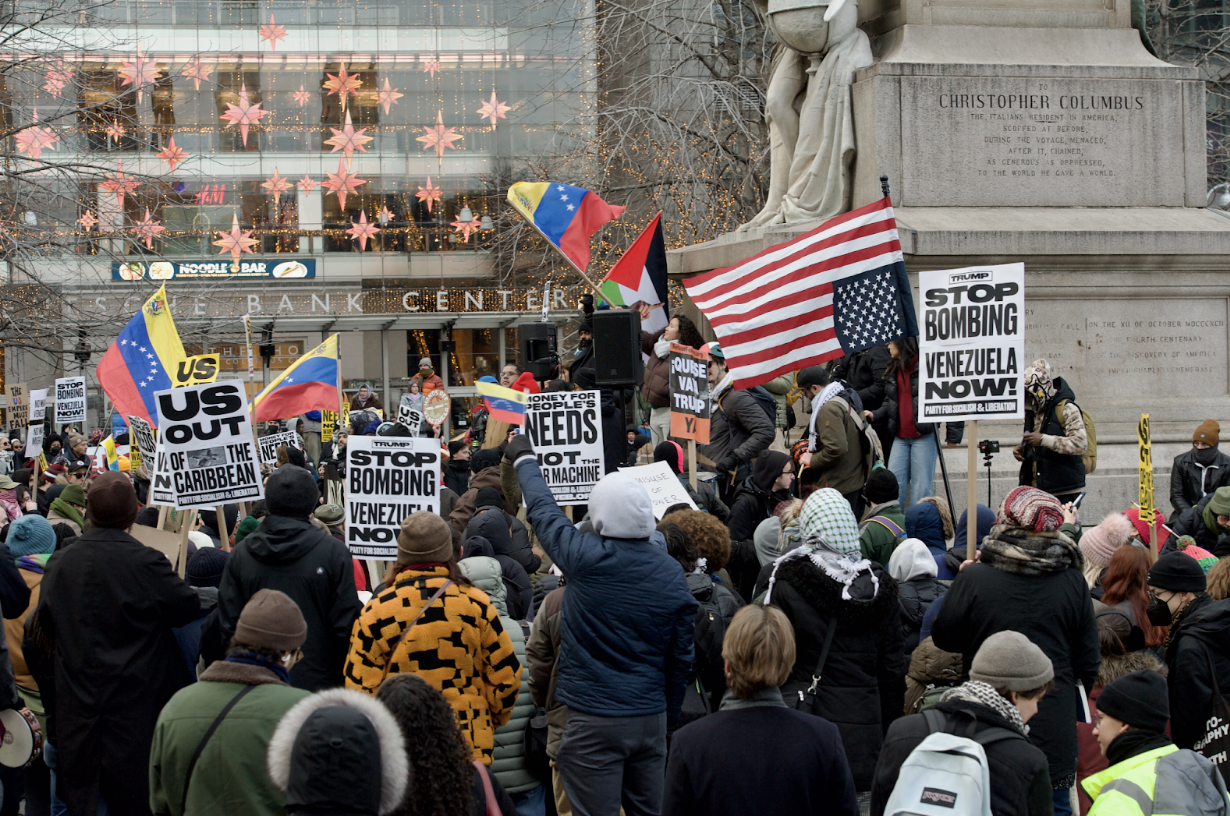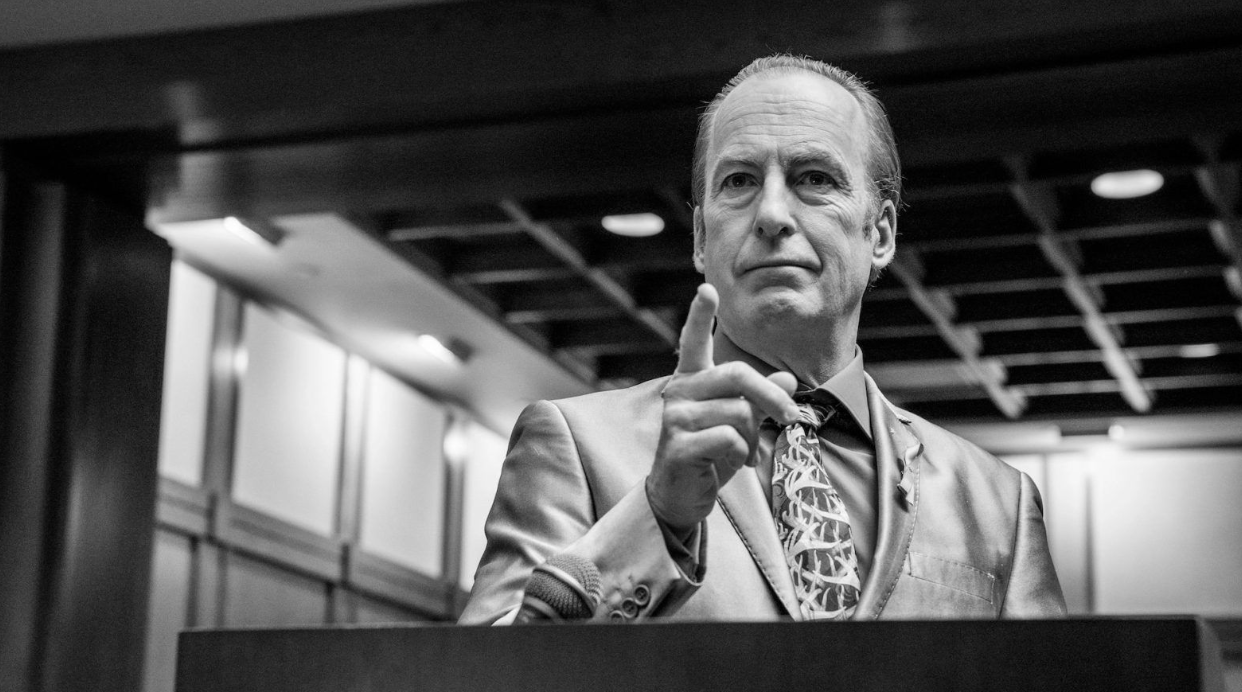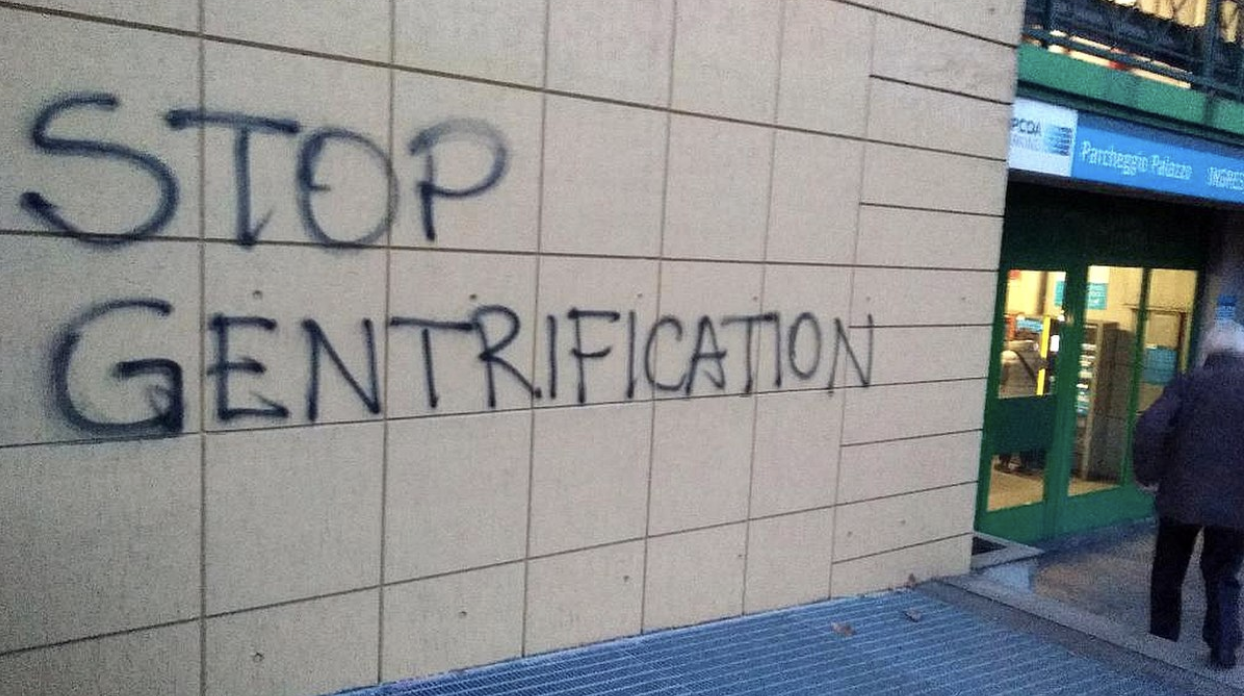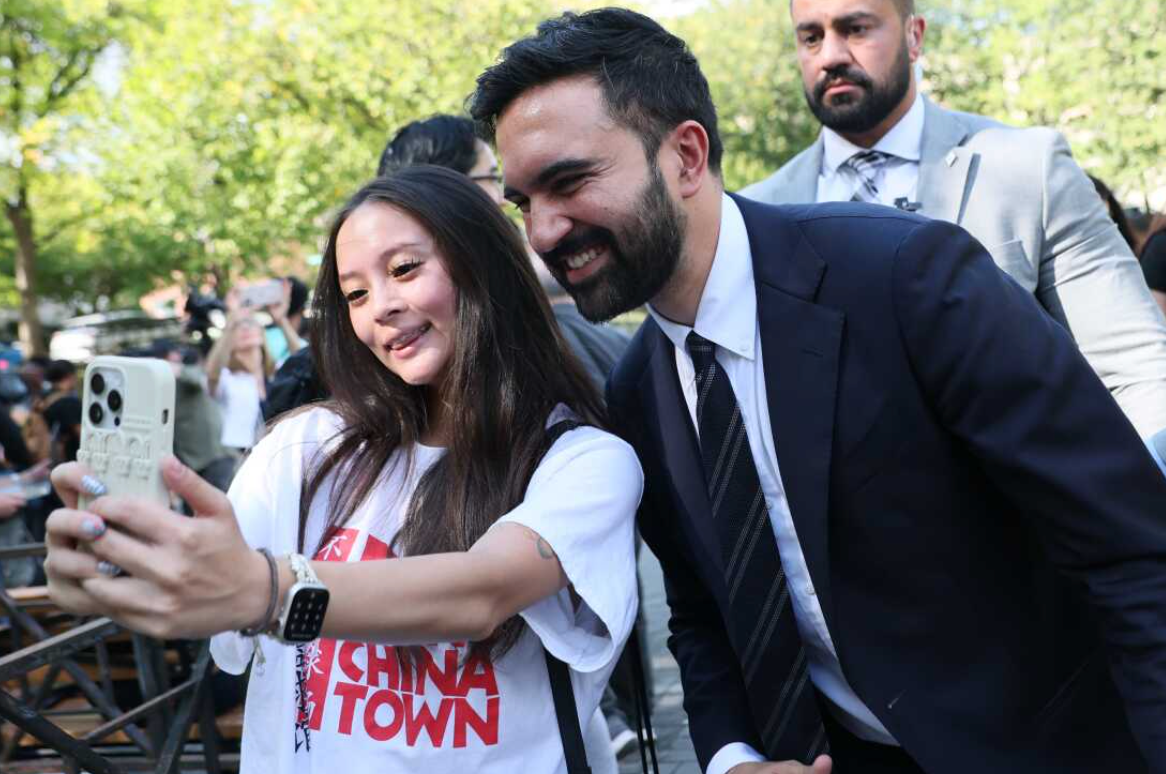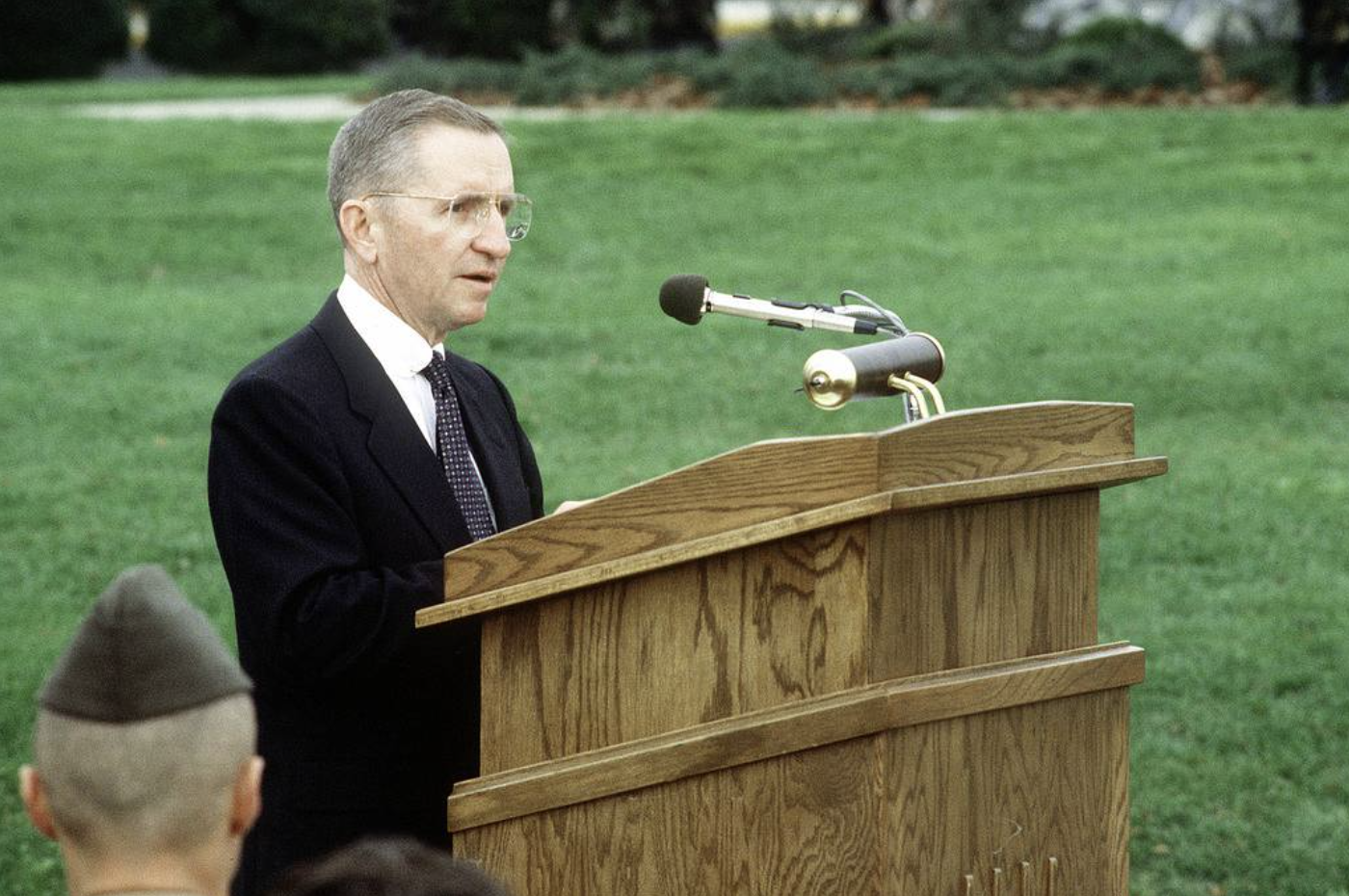On January 3rd, 2026, the Trump Administration arrested Venezuelan President Nicolás Maduro, framing the operation as necessary to stop America’s drug epidemic. However, Trump has other motives: Expanding American dominance.
Read MoreThe TV crime drama Better Call Saul stress tests what it means to be redeemable, demonstrating how invaluable it is to simply understand one another.
Read MoreAs developers put profits over people, Charlottesville is undergoing gentrification. Charlottesville’s Public Housing Association of Residents (PHAR) is fighting to stop this.
Read MoreState feminism can only go so far. In the case of Tunisia, the impact of pinkwashing has been used to cover up the tight authoritarian grip on the nation.
Read MoreIn a country as large, diverse, and divided as the United States, it is troubling that only two nationally viable political parties exist. How can a successful third party be built, and what should it look like?
Read MoreIs China undertaking an aggressive maritime strategy known as salami-slicing to secure expansionist gains? Or are the worries over China overblown?
Read MoreSince President Trump has taken office, he has reshaped the American media and challenged the First Amendment by detaining student protestors, restricting news outlets, attacking educational institutions, and sidelining judges.
Read MoreThe reality is that the conversation around women’s bodies has never really been about health; it’s been about control.
Read MoreAs Gen Z voters gain influence, Zohran Mamdani’s mayoral victory reveals how social media is reshaping political strategy. TikTok has redefined how to connect to voters, making online cultural fluency an influential component of electoral success.
Read MoreTrump’s Compact for Excellence in Higher Education is framed as a method of inclusion, when in reality Trump is attempting to gain control over universities, pressuring the schools to align with his conservative agenda.
Read MoreZohran Mamdani, a populist progressive, is the mayor-elect of New York. Chuck Schumer did nothing with this moment and committed one of the greatest political blunders in recent memory.
Read MoreLong considered the charge of far-flung dictators, Donald Trump has sought to better his image through his consistent involvement in sporting events nationally and worldwide.
Read MoreThe rise of Europe’s far-right cannot be simply explained in terms of economic anxiety or the influx of refugees. It is a complex phenomenon that reflects voter dissatisfaction and the need for mainstream parties to rethink how they operate.
Read MoreThe American economy is currently being propped up by the belief that AI will exponentially boost worker productivity. But the excitement has outpaced reality, and when this bubble bursts, the fallout will be felt disproportionately by workers and consumers.
Read MoreSocial media isn’t just a form of entertainment anymore. It’s a way for everyday people to speak their truth. But how has this affected the political sphere?
Read MoreSince running for president as an outsider in the 1992 election, Perot’s brand of eccentricity remains unreplicated. However, Americans as a whole feel a particular disdain for the political establishment. Could someone like Perot capitalize on that?
Read More153 years ago, the first national park was established to promise the preservation of America’s natural treasures for generations to come. However, with recent proposed budget cuts and executive orders from the Trump Administration, it is uncertain that this promise will be fulfilled.
Read MoreJust as other societies have been throughout history, modern America is a powder keg that needs just one act of political violence to ignite the spark. Such a spark may have been ignited on September 10th.
Read MoreThe Supreme Court is set to decide how essential a critical part of the Voting Rights Act of 1965 is to protecting Black voters in the 21st century.
Read MoreAs President Trump imposes a new fee on the H-1B visa, economists express concern about how this fee can diminish America’s competitive advantage on the world stage and to what degree foreign labor-dependent industries will be impacted.
Read More
